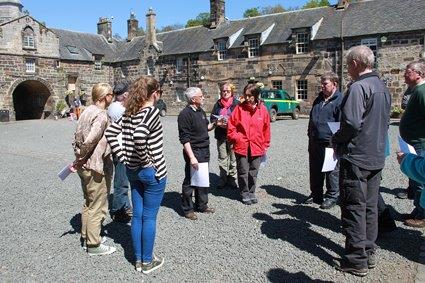A group of ACFA members attended this interesting day which began with a classroom introduction to the website. An interactive map gives access to the data from various coastal assessments with links to site records and the ability to view in satellite mode which gives a good view of your chosen site. We were shown how to record changes to an existing record or report new sites. The afternoon was spent on the southern shore of the Clyde under the Erskine Bridge learning how to use the smart phone app in the field.
Category: Archived News
AGM 2013
The 26th Annual General Meeting of ACFA was held on Saturday Ocober 26. There was a good turn out by members who enjoyed the opportunity to socialise once the business of the evening was finished. They were delighted to welcome seven new associate members to their ranks. Members also welcomed the news that the Certificate in Field Archaeology (Glasgow University Centre for Open Studies) is due to recommence in 2014. A full report of the evening will appear in the next issue of the Newsletter.
Next Social event Saturday February 22 2014
Photography Competition 2013 Results
The winners of the 2013 ACFA Photography Competition announced at the AGM on Saturday October 26 were:
Archaeology in the UK: The Stones of Stenness by Janie Munro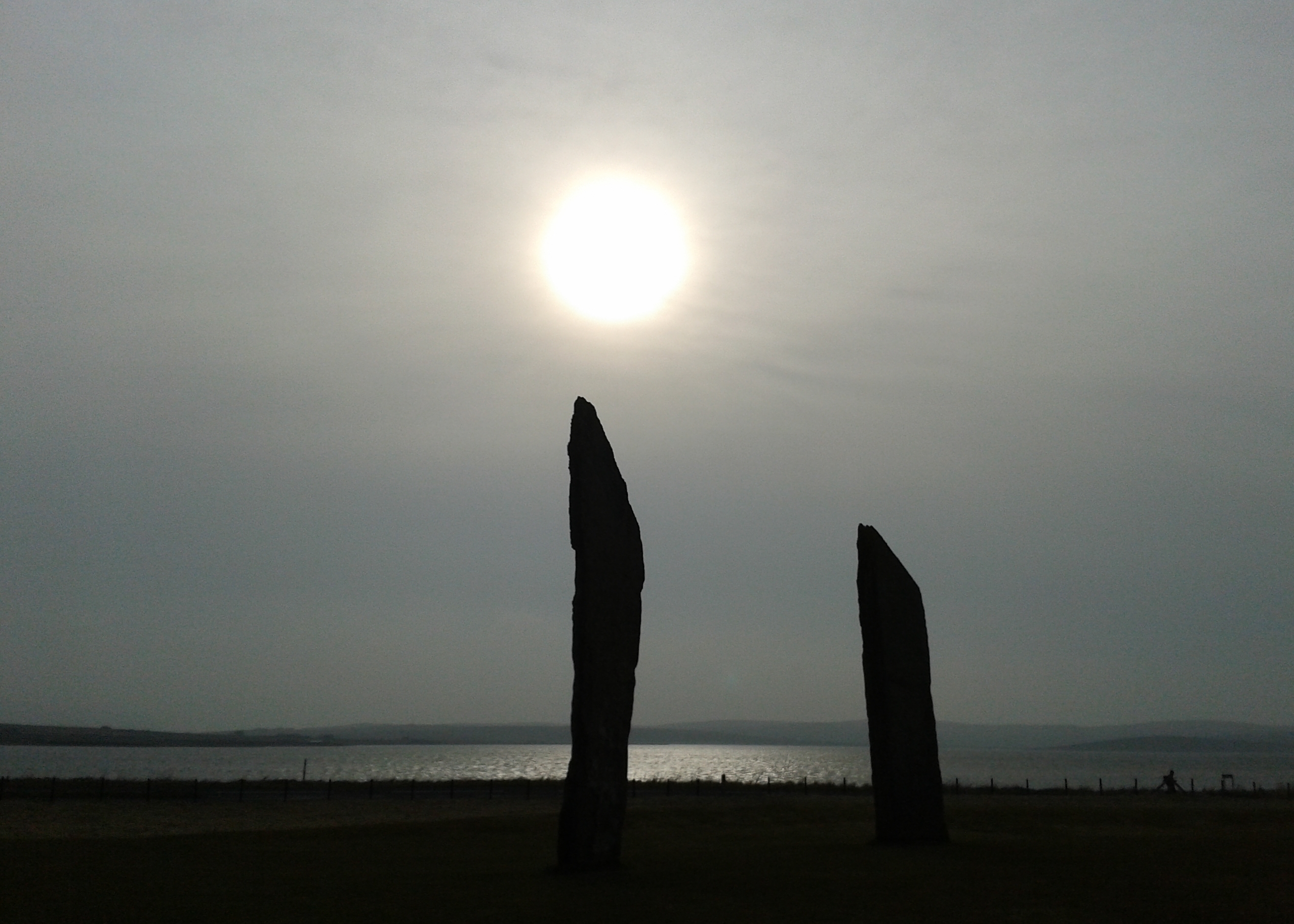
Archaeology Abroad: The Lion in Winter (Nemrut Dag) by Jean Hirst
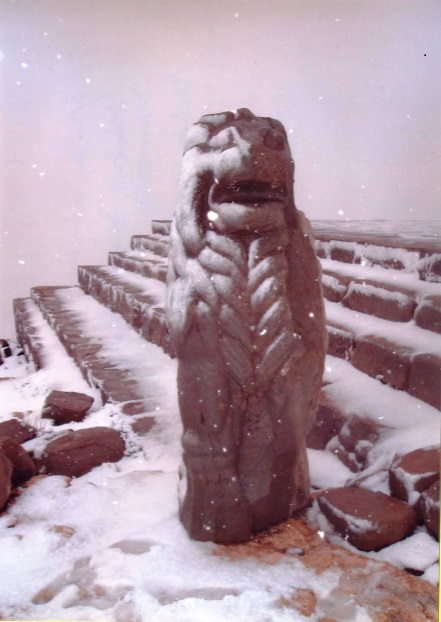
Humour: "Has anyone seen my parrot?" by Fred Hay
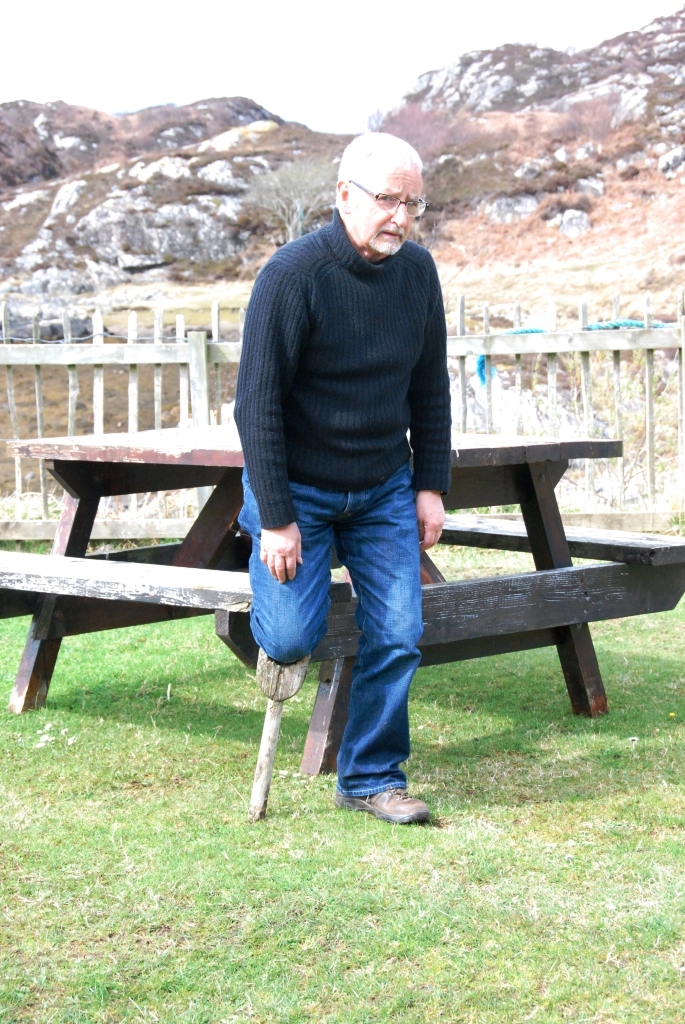
…and the winner of the ACFA Memorial Quaich was The Stones of Stenness by Janie Munro
About
The Association of Certificated Field Archaeologists (ACFA) was formed in 1987. Its membership comprises holders of the University of Glasgow Certificate in Field Archaeology, awarded by the Department of Adult & Continuing Education, now the Centre for Open Studies. The intention of the course was to teach adult students the basic principles of archaeological field survey and the importance of recording our cultural heritage of all periods.
The present Certificate in Field Archaeology is a two year modular course which aims to introduce students to the fundamentals of archaeological field survey and British, especially Scottish archaeology. Applications for membership of ACFA would be considered from holders of an equivalent qualification in Field Archaeology from other Universities. Applications for associate membership would be considered from those who have demonstrated a level of experience and commitment to the practice of Field Archaeology.
What we do…
ACFA seeks to continue this work by undertaking field surveys in Scotland. The Association is willing to undertake non-commercial surveys at the request of private individuals, local community groups, Heritage and Local History societies etc. Members who participate in surveys do so in a voluntary capacity and ACFA does not charge for its services, but seeks grants and is willing to accept donations to offset costs. All surveys undertaken are recorded and the results published in our ACFA Occasional Paper Series, which is allocated an ISBN number and lodged with the Royal Commission for Ancient & Historical Monuments in Scotland and other public bodies. To date, ACFA has carried out over 100 surveys in Scotland in areas as widespread geographically as Sandwood in Sutherland, North Uist in the Outer Hebrides and Coalburn in South Lanarkshire.
A Practical Introduction to Field Archaeology
In conjunction with the Centre for Open Studies (Glasgow University), as a precursor to the 2-year Certificate in Field Archaeology, ACFA ran a 2-day training course in Pollok Park on 25/26May 2013.
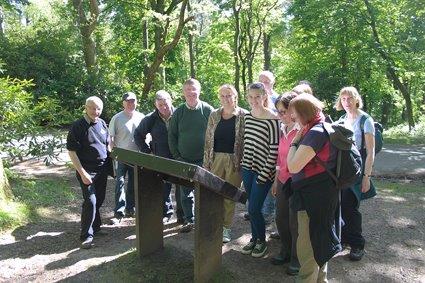
The optimum number of students for our resources was estimated at 15 divided into teams of three with a tutor for each team. Saturday began with a crash course in field survey with a useful ‘Idiot’s guide’ hand-out and a demonstration of tape offset in the lecture room. After a picnic lunch the group was led on a tour of the archaeological features of the park.
On Sunday, the groups of three were allocated a tutor and set to drawing one of the features. At the end of the day the students returned to the lecture room for a winding up session. Responses were uniformly enthusiastic; students had learned that archaeology was not just about digging and they had begun to understand how to read landscape.
